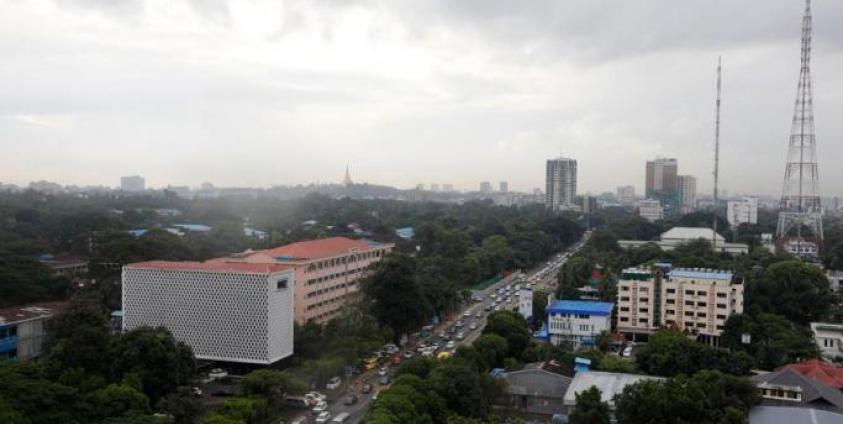When it comes to protecting women from violence in Myanmar, what little difference a year makes. Last year during the annual 16 Days of Activism against Gender-Based Violence, the Government pledged to submit a Prevention of and Protection from Violence Against Women (PoVAW) Law to Parliament in early 2019 and give “priority and focus” to protecting women and children from violence. As we approach another 16 Days of Activism, the PoVAW law, in the drafting stage since 2013, has not yet been submitted to Parliament, making clear that protecting women from violence is far from a priority or focus for the current Government.
In a country with escalating rates of sexual violence, continued inaction puts women’s lives in jeopardy, and is a sad reminder that the gender inequality that leads to violence against women is also inhibiting the passage of a PoVAW Law which would protect them.
Statistics across Myanmar show an upward trend in reports of sexual violence, and one root cause of sexual violence is gender inequality. In August, a UN investigatory body declared that in Myanmar “[s]exual violence is an outcome of a larger problem of gender inequality and the lack of rule of law.” Myanmar is ranked 150 of 167 countries on the Georgetown Institute of Women Peace and Security’s Women Peace and Security Index and 148 of 189 on the 2018 UN Gender Inequality Index, two recent measures of women’s well-being worldwide.
The gender inequality embedded in Myanmar’s society that causes sexual violence also has resulted in a lack of solutions, including the failure to prioritize and pass a PoVAW law. The Government made addressing violence against women a Key Priority Area of its National Strategic Plan for the Advancement of Women in 2013 and has made public commitments to pass a law, including during its 2015 Universal Periodic Review in Geneva. But these vows have not translated into actual legal protection for women. In part, this is due to a lack of female representation in positions of power. But the inability to push forward on a PoVAW law hints at a larger issue since the Government has succeeded in updating and improving the legal framework in other substantive areas.
Since 2011, there have been 327 new laws or amendments to laws passed, including multiple amendments to land, foreign investment, and labour laws. The Government has prioritized spurring economic development rather than addressing a crucial accountability gap for victims of gender-based violence.
Despite considerable time and effort spent drafting a PoVAW law over the past six years, thus far nothing has been submitted to Parliament. While there are divergent views about substantive issues, these are no more complicated than contentious issues contained in other laws that have been passed over the last six years. Hammering out a compromise on the PoVAW law certainly would not be easy, but it could be done. That this messy political process has not yet been concluded indicates that, at least politically, protecting women has been put on the back burner. This fails not only women, who make up 51% of the population, but all of society.
Making the safety of women a priority by passing a comprehensive PoVAW law is not only good politics; it is also necessary to fulfil the Government’s obligations under international law. The Convention on the Elimination of all Forms of Discrimination Against Women (“CEDAW”) recognizes that women cannot enjoy and exercise their human rights and fundamental freedoms on an equal basis with men if they are in fear for their own physical safety. Through CEDAW and other “due diligence” obligations, States must ensure that violence against women is prosecuted and punished, that women victims have means of redress and protection, and that all public officials are familiar with and sensitized to these issues.
Establishing a comprehensive and effective legal framework to protect women from violence necessarily includes women subject to sexual violence in conflict-affected areas. As the conflict continues in multiple areas across Myanmar, all gender-based violence, including violence committed by the armed forces, must be thoroughly and impartially investigated and lead to meaningful accountability measures. In fact, the Government committed to addressing the issue when it signed a Joint Communique with the United Nations Special Representative of the Secretary-General on Sexual Violence in Conflict in December 2018.
The rhetoric of making women a “priority and focus” is belied by the continued failure to finalize the PoVAW law and provide women with the justice, accountability, and restorative services they deserve and to which they are entitled under international law. Perhaps the Government has determined that the benefits of pushing forward on the PoVAW law do not outweigh the risks of delay. In any case, it is time to look past what the Government says it will do and pressure the Government to actually fulfil its promises and its legal obligations to protect women.








